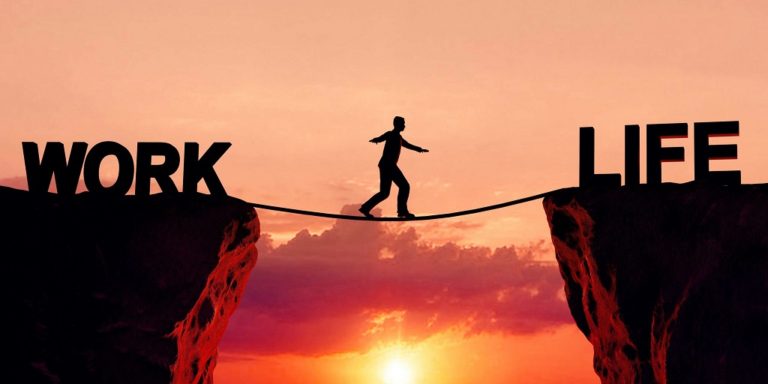First Decide What Are Your Priorities
Our priorities often change faster than our daily time management habits. Respondents who described a more positive work-life balance intentionally reprioritized how they spend their time to align with their true priorities.
Before jumping into decisions, first think about the aspects of your work and life that might be different to better fit your priorities. Are there any components of your work that you would like to change? How much time would you like to devote to your family or hobbies?
Finally, after you’ve identified your priorities and carefully considered the options that can help you get better, it’s time to take action. This could mean a “public” change—something that clearly changes your co-workers’ expectations, such as taking on a new role designed to take up less time or allow for a compressed weekly schedule—or a “private” change in which you change. by communicating your work models without necessarily trying to change your colleagues’ expectations. In our research, we found that both public and private change can be effective strategies if implemented in a sustainable way.
For personal changes, this could mean restrictions you set (for example, choosing not to work nights, weekends, or holidays and sticking with that decision) or rejecting requests typically related to your role (such as new projects or travel requests, even when you feel when under pressure to accept them). For an open change, don’t just tell your manager you want more free time or more flexibility, but enlist the buy-in of key mentors, partners, and colleagues. — or better yet, formally request a new one Internal positions or flexible work schedules – may lead to more sustainable changes. It is important to note that the steps above are not one-time actions, but rather a cycle of constant re-evaluation and improvement. Especially if you’re affected by the overwhelming culture of working long hours, it’s easy to fall back on “business as usual” (whether it’s a conscious or unconscious decision). In our interviews,
I have found that for people to truly make a difference in their lives, they must always take breaks, connect with their emotions, reconsider their priorities, evaluate alternatives, and make changes both personally and professionally.
So, this week is the time to connect to your emotions, reconsider your priorities, evaluate the alternatives, and then, make the changes!
This Blog does not have all the answers. But it can point the way. Join me at Kickstart Café, as we search out better ways of living.


